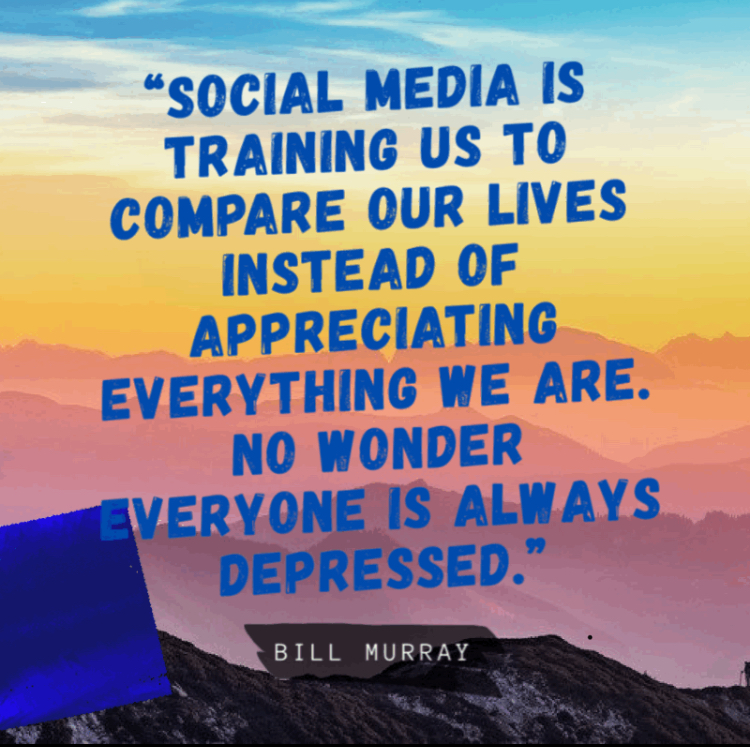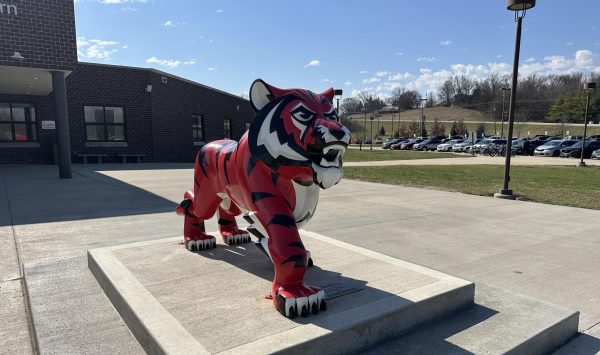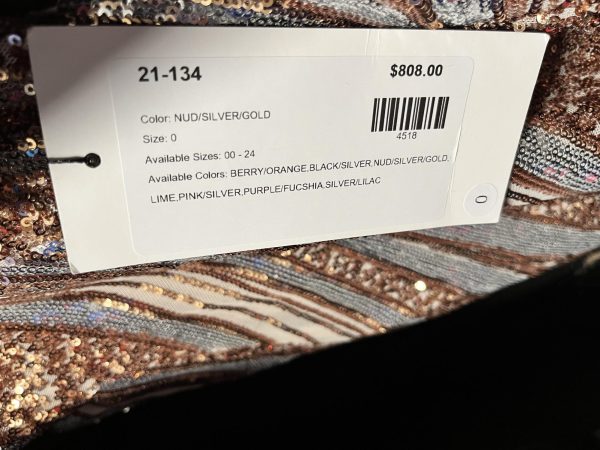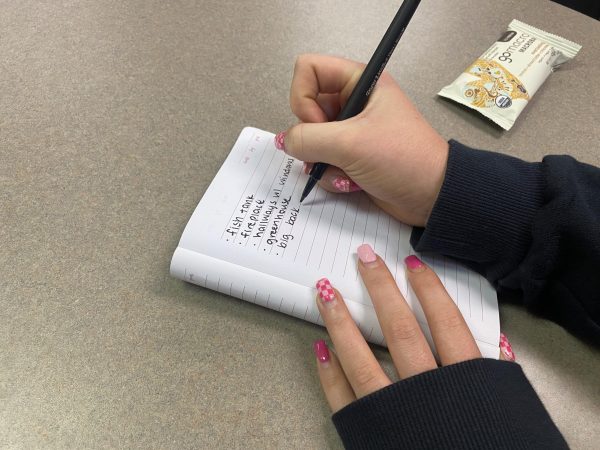Is Social Media Really That Cool?
Photo by Kashish Patel
According to Statista, more than 244 million people in the United States use social media every day (Statista). That is more than 67% of the population of the United States. Social media has proven to have a positive influence on children. However, there are many negative effects that social media has, especially on teens. A study done by the Royal Society of Public Health surveyed teens and young adults between the ages of 14-24 on how social media impacted their health. The results showed that Facebook, Snapchat, Twitter, and Instagram have increased the feelings of depression, anxiety, loneliness, while decreasing self-esteem among teens. Along with that teens are also compromising their sleep schedules and other activities to use social media. “Social media, in my opinion, has good and bad consequences like it helps me stay in touch with family I don’t see often but it puts a negative vibe on how I feel about myself. I’m honestly a lot happier off social media.” Said Hayley Owen, an ADM senior. Whether it is scrolling through their feeds, sharing stories, texting, or even trolling teens have found so many invalid reasons to be on social media.
Before the invention of the main social media apps, teens spent more time talking to their friends and family in-person rather than just sending a text message to ask or say something. Talking in-person and going out with their friends helped them increase their communication skills. Social media is encouraging teens to communicate while looking at a screen, not in person. This does not only affect their social being but it also affects their growth and development. Making new friends makes a big role in one’s growth. Making friends requires a bit of work, but doing so teaches growing children and teens to be honest with their feelings and teaches them the importance of communication and listening. Making new friends is a “part of healthy self-esteem,” said Dr. Steiner-Adair, a clinical psychologist and school consultant.
The use of social media has also reportedly increased cyberbullying and mental harassment. “Kids text all sorts of things that you would never in a million years contemplate saying to anyone’s face,” said Dr. Donna Wick, a clinical and developmental psychologist at the Child Mind Institute. “Personally I’ve never been affected by cyberbullying/mental harassment. But it’s definitely different online because people act as if they are anonymous or something, saying whatever they want to without thinking of how others may respond. Where in person you would most likely not say things since you can see them/their face,” said Amber Gehring, a freshman at the University of Iowa. Being accepted by their friends is a big part of a teen’s life. Many teens care so much about their image that they do polls and questionnaires to see how much other people like them, their personalities, and their appearance. “Social media is a big influence on what is considered “popular” or “normal” so when a person doesn’t fit into these criteria – they get judged and bullied. Not only that, social media shows distorted views on perfection so it leads people to be more self-conscious. Because of this, many people will think that they have flaws even when they don’t. It also allows people to bully more easily because everyone is so connected.” said Geeya Patel, a sophomore at Drake University. This is something that we see in our everyday lives. If there is something that their friends don’t like about them then they change themselves so that they are accepted by their friends. By changing themselves, I mean that they change their behavioral patterns to be accepted. These changes could include the development of anger, jealousy, and feeling of wanting to be superior. “Acceptance during teen years is important because it defines how one behaves for the rest of their life. If a person feels alienated from their friends, they will try to change because these years are important in deciding where a person fits and what their role is,” Patel said. Most teens get acceptance by doing things their friends might think is cool and this could include bullying others. There have been many instances where teens bully others to look cool and show superiority. Recently a video was released on social media that showed some high school students bullying a fellow school student. Reportedly, it has been said that the video was made to entertain some friends thinking that it was cool. The students are facing consequences and the police investigation is ongoing. Cases like this one show how much social media affects students’ behaviors around people. Social media causes students to create unusual behavioral patterns due to the inability to produce new thoughts because of being preoccupied with games, texting, and etc.
There are ways to guide teens on the right path. Lee Griebel, high school principal, Griebel said that if parents notice any comments on their child’s phone that seem like bullying or harassment then “Parents should immediately take screenshots of the bullying. This will maintain a record of the incidents. Once this is done, depending on the severity of the incident, contact school authorities and talk with them about trying to help solve the problem. If the threat is of a violent nature, contact the police immediately and have them get it [the incident] on record and help work through the bullying.” This is exactly what parents should do if they see any incidents of bullying to help stop or prevent it. If students see that their friends are bullying others then they should immediately get an adult to handle the situation. If they take immediate action then the bullying can be stopped.
Social media is a part of our everyday lives, especially teens. Teens use social media for almost everything. Even though social media is known to have many positive aspects it brings negative effects along with it. Social media can lead to harmful effects whether it be on the victim or bullier. Teens bully others to look cool in front of their friends and maintain their image. Teens are not only damaging their mental health but they are also damaging the mental health of those who are victims of their hateful comments. “It’s important for teens to understand that such changes are not required…If one is truly your friend, they will like you for you,” said Patel.












